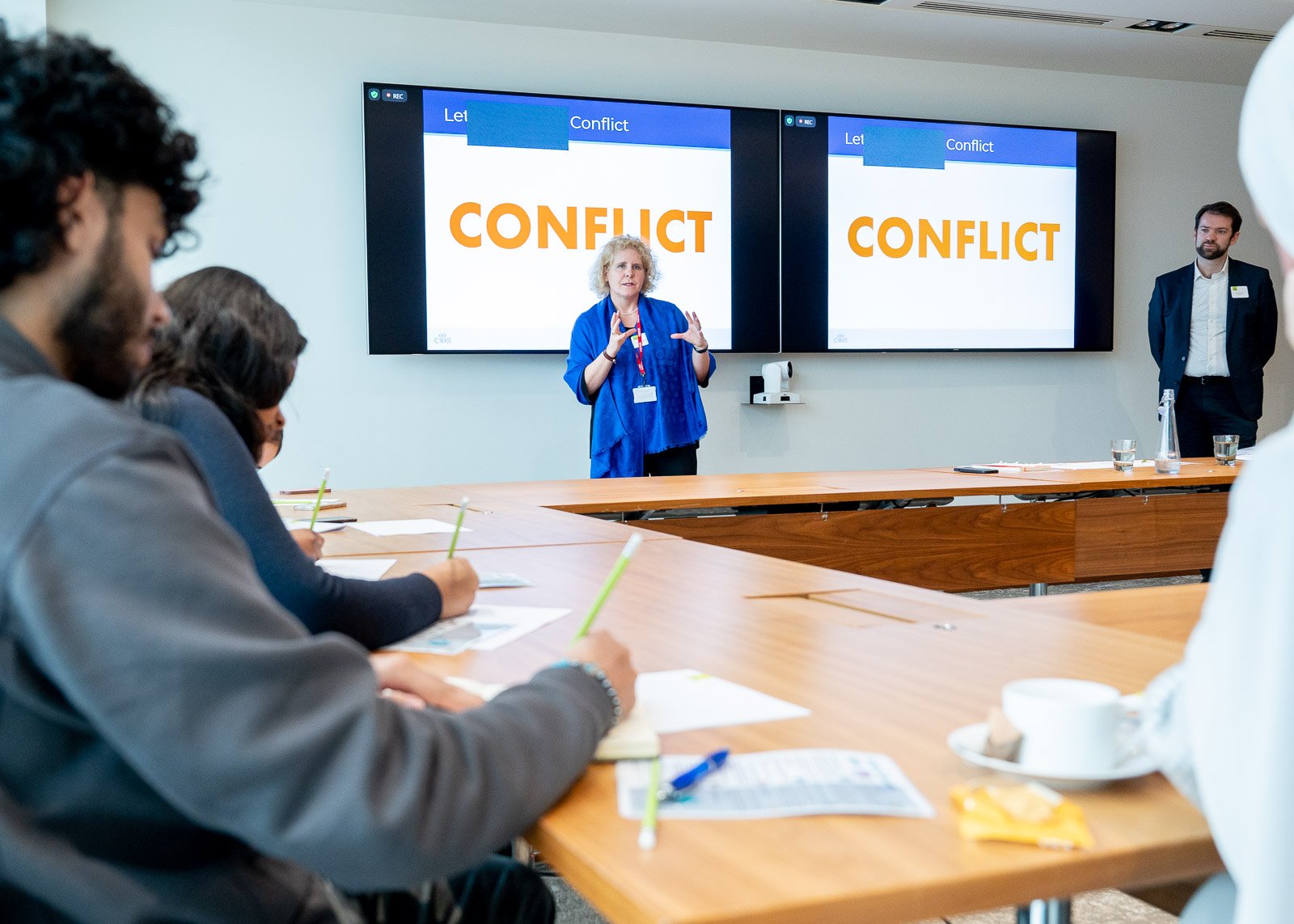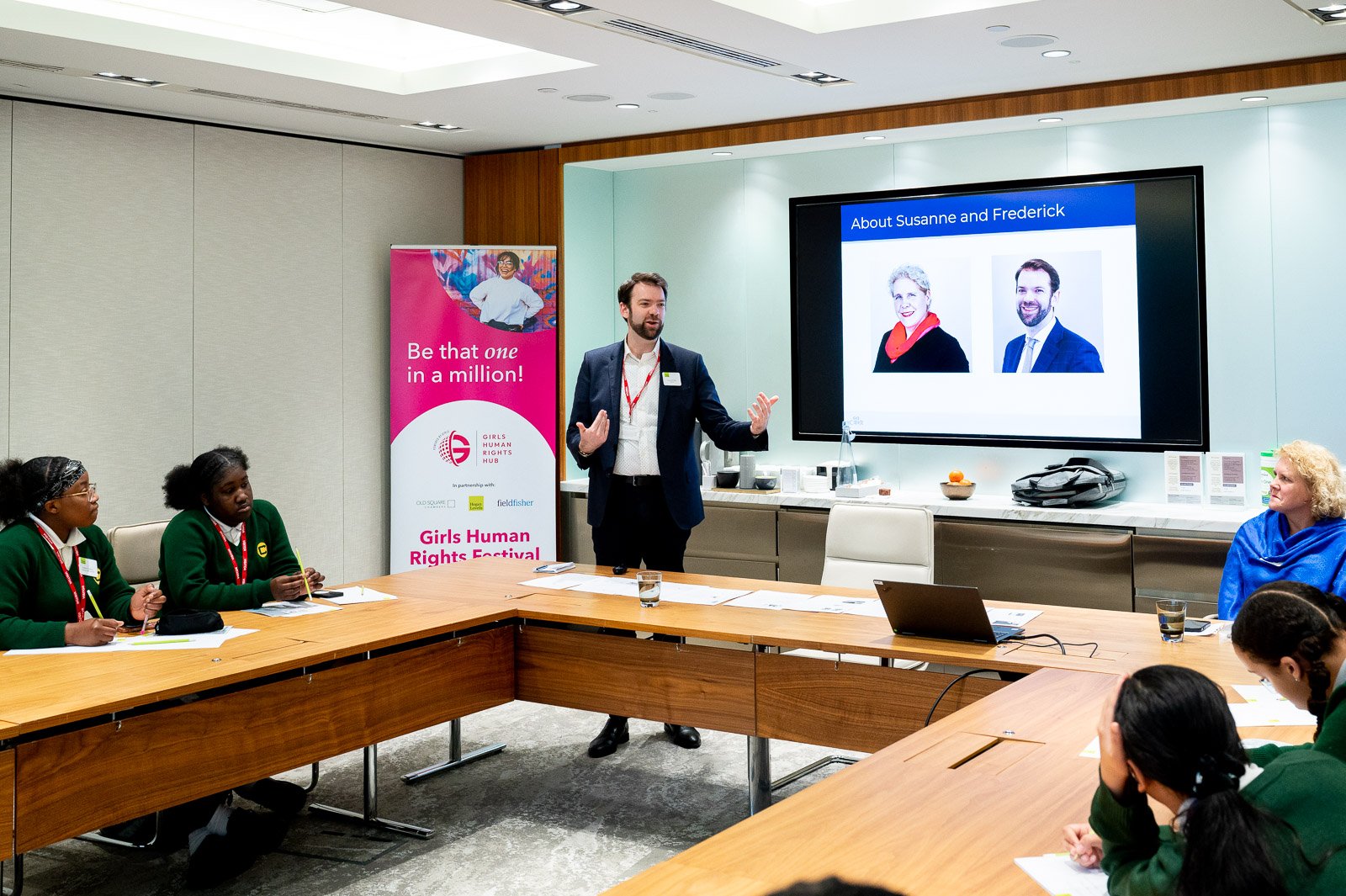Conflict Resolution:
As a girl human rights advocate, conflict resolution skills are essential. Conflict is an inevitable part of human interaction, and developing skills to resolve conflict in a constructive and productive manner is essential for success as a human rights advocate. Here are some key strategies for developing your conflict resolution skills:
Remain Calm and Objective
One of the most important strategies for effective conflict resolution is to remain calm and objective. This means avoiding getting emotionally caught up in the conflict, and focusing on the facts and issues at hand. By remaining calm and objective, you can more effectively evaluate the situation and identify potential solutions.
Listen Carefully
Effective conflict resolution requires active listening. This means listening carefully to the other party's perspective and asking questions to clarify their interests and goals. By understanding the other party's perspective, you can find common ground and identify potential solutions that meet both parties' needs.
Focus on Interests, Not Positions
Effective conflict resolution focuses on interests, rather than positions. This means looking beyond the surface-level demands of each party, and instead seeking to understand the underlying interests and needs that are driving the conflict. By identifying shared interests, you can work to find mutually beneficial solutions that meet the needs of all parties involved.
Be Willing to Compromise
Compromise is often necessary for effective conflict resolution. This means being willing to give up something in order to achieve a mutually beneficial solution. By being flexible & open to compromise, you can find solutions that meet both parties' needs.
Communicate Clearly and Directly
Clear and direct communication is essential for effective conflict resolution. This means expressing your interests and needs clearly and directly, while also being receptive to the other party's perspective. Use active listening skills and ask questions to ensure that you understand the other party's needs and interests.
Focus on the Future
Effective conflict resolution focuses on the future, rather than dwelling on past grievances. This means seeking to create a positive and productive relationship moving forward, rather than getting bogged down in past conflicts or grudges.
Build Relationships
Building relationships is an important part of effective conflict resolution. By fostering positive relationships with the other party, you can establish a foundation of trust & respect that will make future conflicts easier to resolve. Focus on finding common ground & building rapport, rather than solely on resolving the current conflict.
Seek Help When Necessary
Sometimes, conflicts may be too complex or emotionally charged to resolve on your own. In these cases, it's important to seek help from a neutral third party, such as a mediator or counselor. A neutral third party can help facilitate productive communication & identify potential solutions that meet the needs of all parties.
In conclusion, developing strong conflict resolution skills is essential for effective advocacy as a girl human rights advocate.
Resources
R Keyvan, Z Hassan, ‘Guideline for Conflict Resolution’ (2023).




